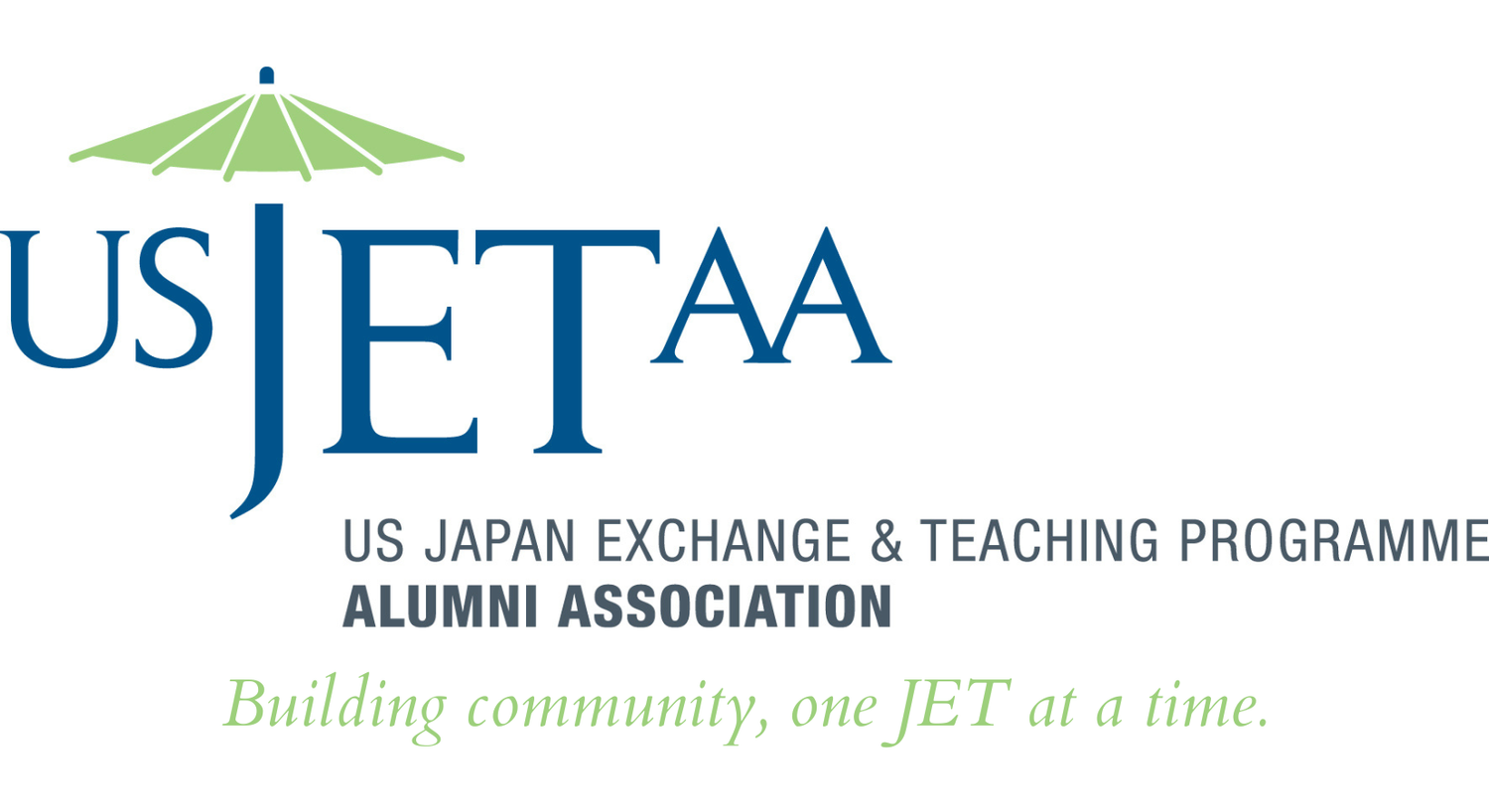Why I Wish I Taught Before I Learnt
Finlay McBride (Kagoshima, 2023 - present)
Four months ago, I began teaching English in Japan and so far, it’s been nothing short of rewarding.
The students have been incredibly receptive, many of whom I’ve already formed a great relationship with. From the moment I arrive at school to the minute I leave, I’m met by swarms of frantic waves and beaming grins. Throughout the day, the students and I frequently trade jokes in the halls, enjoy a kick about at lunch, and share laughs over my shaky Japanese.
When I’ve not been teaching, I’ve taken part in some of the many cultural activities that Japanese school life has to offer. I’ve rather heavy-handedly constructed an origami crane, stabbed my way through a calligraphy class, and finally showed some promise at sports day after I cruised past my 12-year-old opposition in the relay.
Being an educator is a tremendous privilege. There’s so much substance in shaping the lives of young people and great benefit in equipping them with a skill as functional as knowing a second language.
Teaching, however, has taught me more than I could have possibly imagined. It’s forced me to reconsider how I previously perceived education, to reflect on my own experiences at school, and to rethink my definition of a good learner.
This article was published in partnership with AJET’s CONNECT magazine.

